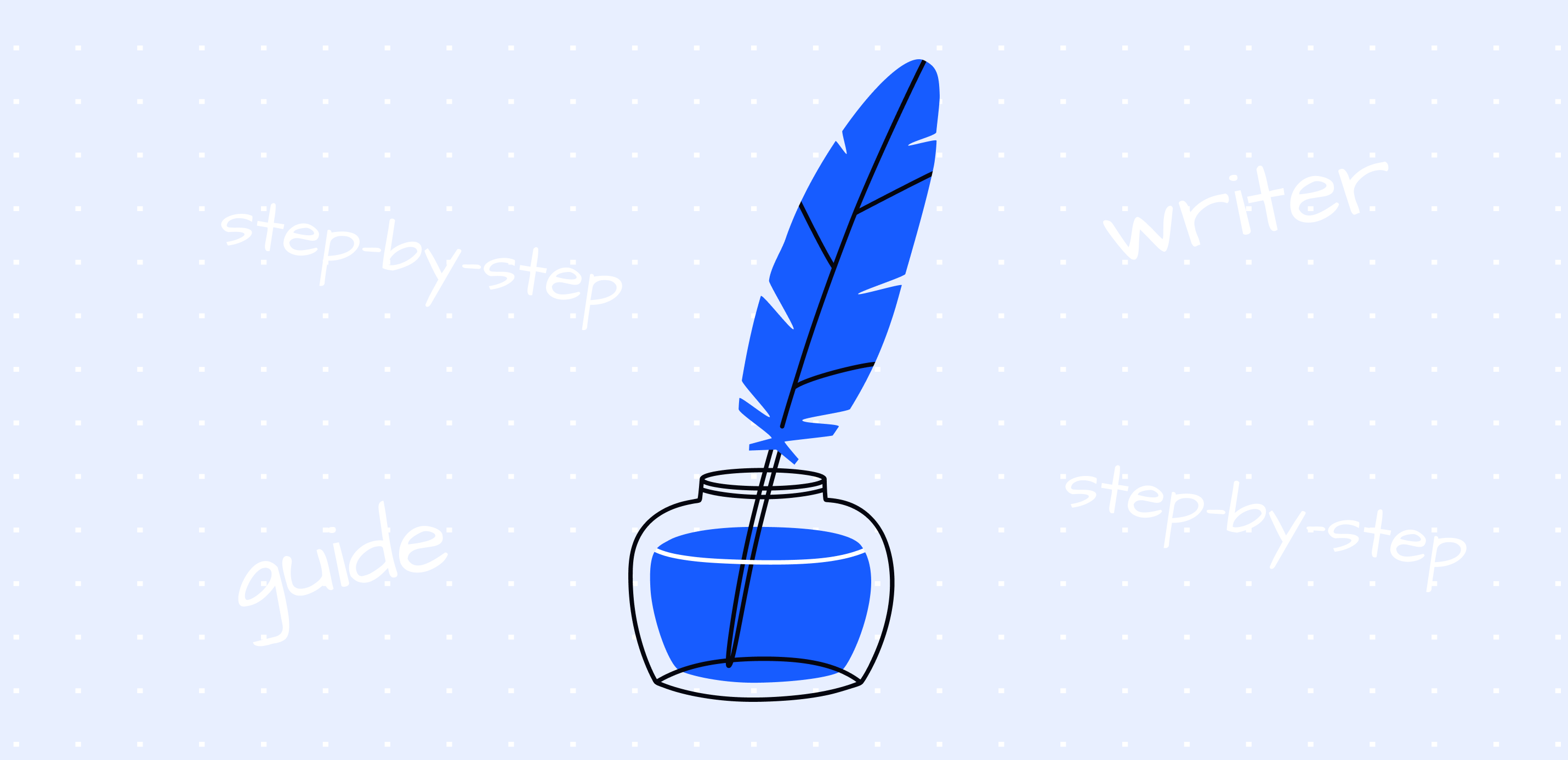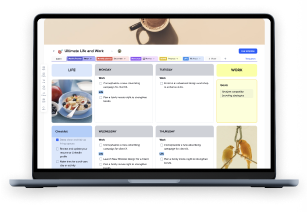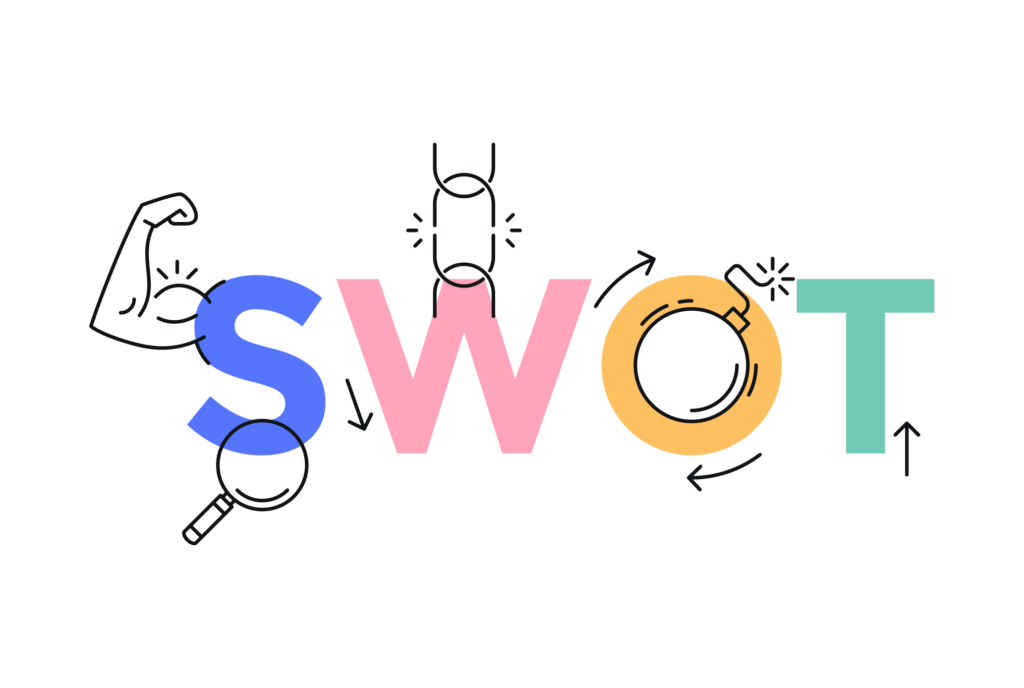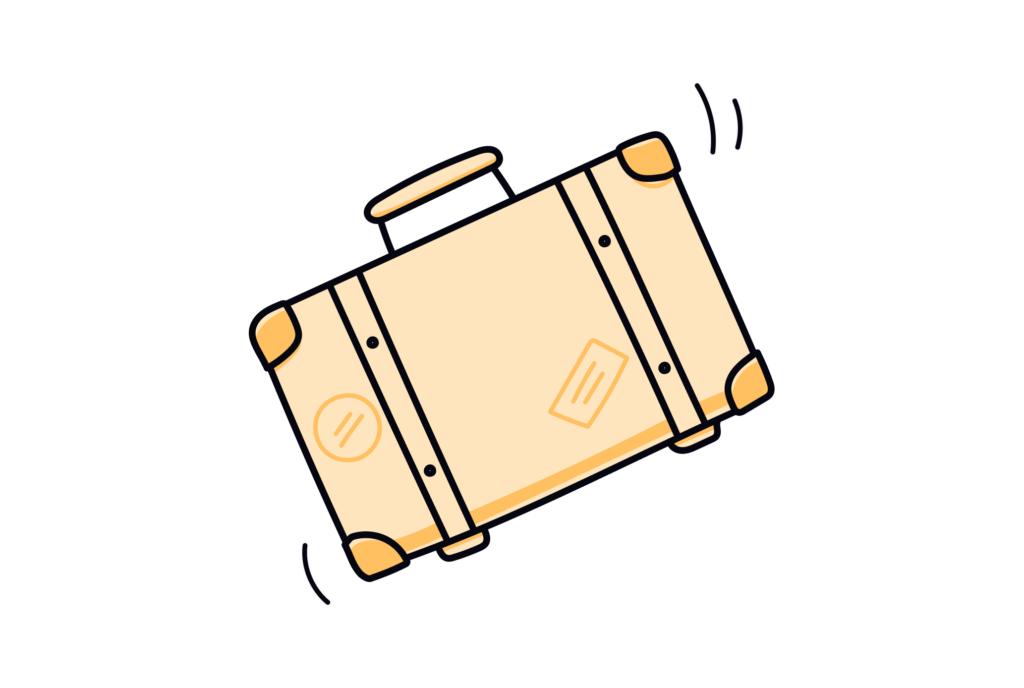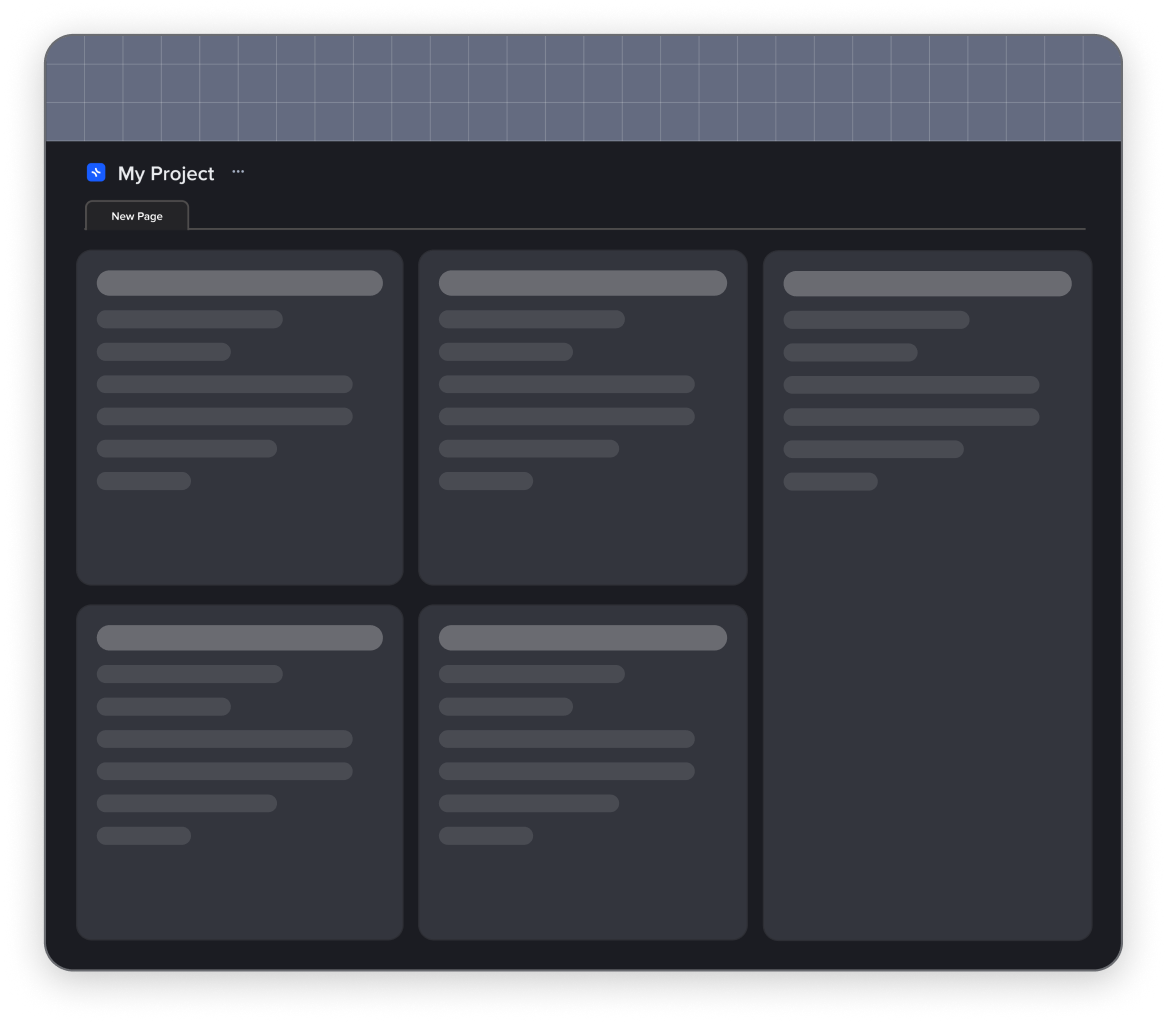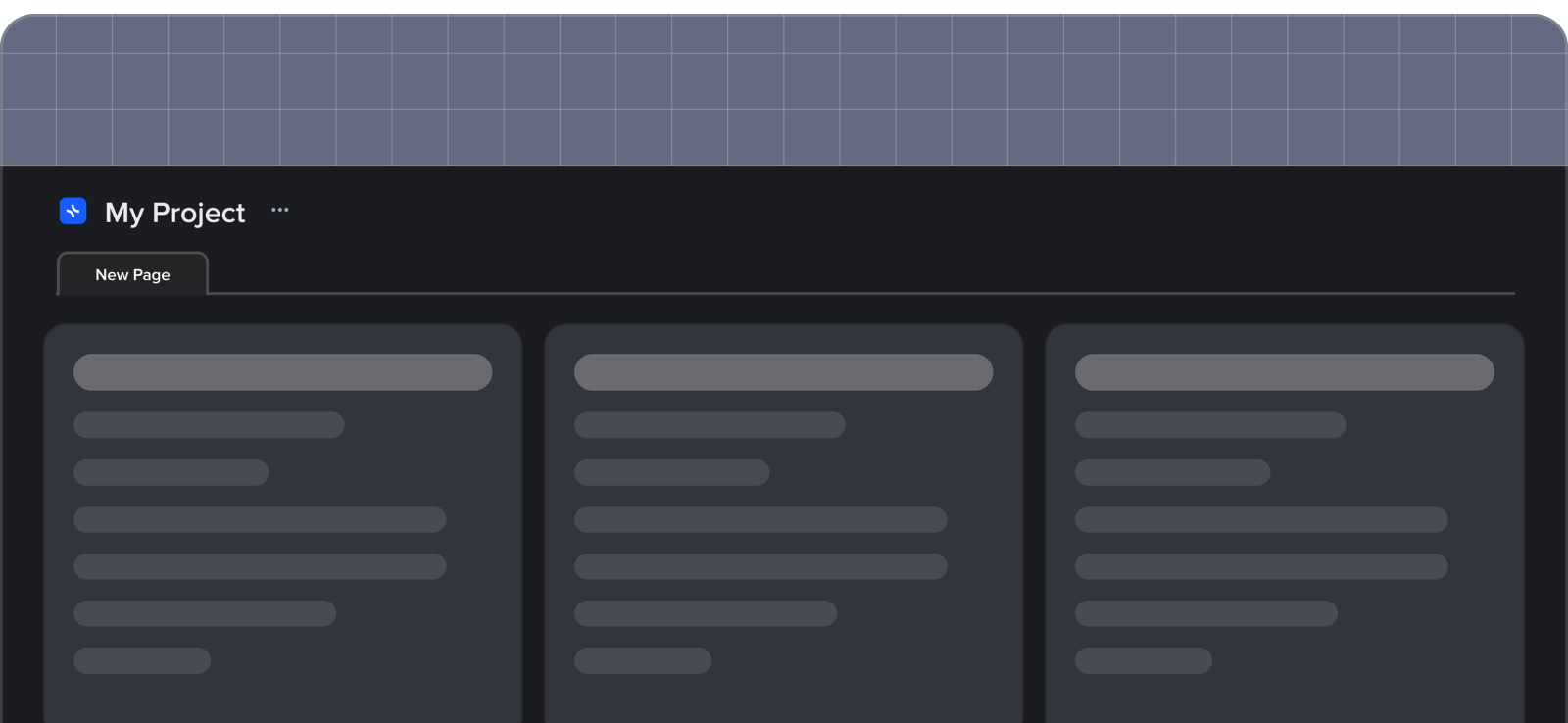How to become a writer? Write 🙃.
There’s no simple answer or recommendation to this question except for trying to sell your soul to Mephistopheles, probably. However, the modern world has everything to make this path as easy as possible. Additionally, the previous generations’ experiences are a good starting point for learning your way.
All the suggestions and recommendations on how to become a better writer on the Internet are very personal. They can’t be universal due to many factors.
The creation process is always unique, just like the way you think and create ideas. For some, they come as an unstoppable force, a waterfall of words and new concepts. Some spend hours and days coming up with something interesting and polishing it.

None of these is good or bad. They simply are, and no matter how it works for you, you need to learn how to use your natural inclinations, talent, and abilities to your advantage to become a good writer.
The guide you’re about to read (hopefully) is based on one experience of 8 years of steady writing and about 4 or 5 years of thinking about writing and shy attempts to start.
I did my best to answer many questions about becoming a writer with this one shot. If you’ve been wondering how to become a technical writer or want to learn how to become a grant or travel writer, you will find your basics for further development too.
I won’t start proposing to decide whether you’re sure or not about writing. If you’re here, you probably have made up your mind. And even if there are still doubts, I hope this guide will dispel them.
1. Build your routine around writing

Most of the time, when you only start writing, you can’t quit your job or studies to devote yourself entirely to playing with words. You will need to combine everything you usually do with writing. However, if you’re serious about your new activity, put it in the center of your everyday life and make it regular, just like brushing your teeth.
In the beginning, let it be an hour or so. You don’t want to exhaust yourself because there’s a marathon ahead of you, not a sprint. Also, it’s okay to take a rest if you feel like not writing today. However, sometimes the best cure for writer’s block is writing.
It’s important to remember that you won’t reach great results if you work when you’re the least productive. For example, you’re an early bird and schedule your regular writing exercises for late evenings. Naturally, it will be hard, sometimes impossible, to produce something interesting. Define your most productive time and find a window for writing.
Use xTiles for planning your day and your writing routine. It may be a plan for a week or plan for a day if you don’t like long-time planning. The xTiles Weekly planner template is my best tool so far for planning all my activities.
2. Make yourself a comfortable environment for writing

Every writer, even a novice, should have their own private space for writing. If it’s impossible to get a separate room to create a studio, turn a corner of your bedroom or living room into something similar. It will help you make writing a part of your routine.
When we chaotically work on texts whenever and wherever we have a chance, it might not seem like a proper job or something serious. But when we have our special place where everything is about writing, the situation may change because once you come to this room or space, you know what you’re supposed to be doing right now.
After all, if you don’t take your writing seriously, then how are other people supposed to know it’s important to you?
Plan your workspace interior very carefully. Use every inch of space to your advantage. Let it be a cozy place with lots of motivation. For example, I keep a portrait of my favorite poet on my desk with the sticker “Do you really want me to read this?” and I answer this question to myself every time I finish something. I hope he would like to read my piece on how to become a writer.
3. Attend lectures or courses

Many of the most famous writers haven’t purposely studied to learn how to write. They developed and evolved by constantly writing and gaining valuable life experiences.
It’s always good to learn from your favorite authors. However, when they are dead, the only thing you can study is their texts unless they’ve managed to produce some instructions or descriptions of their work process. That’s why learning from those who are successful writers in their field right now is important too.
Courses are especially important if you want to know how to become a ghostwriter, technical writer, or grant writer.
Many courses or programs for future writers you can find today are usually offline. For example, one of the most popular is the MFA Program for Writers at Warren Wilson College requires students to attend two ten-day residencies per year on campus in Swannanoa, North Carolina.
That’s why I made a list of some of the most famous courses that you can take online.
- MasterClass offers courses from celebrities like Margaret Atwood, Neil Gaiman, and Joyce Carol Oates.
- Udemy offers a wide range of writing courses, from creative writing to technical writing, marketing writing, and more.
- The Writers Studio offers creative writing classes in fiction, poetry, and creative nonfiction.
4. Write about anything and everything to polish your skills

Finding an object to write about is quite a struggle for many people. The truth no one speaks about (and I don’t know why) is that anything is worth becoming your topic. Let’s thank postmodernism for an amazing opportunity to write about the weirdest things and still produce serious art.
Interesting narrations are sometimes born from routine stuff (The Mezzanine by Nicholson Baker, Mrs. Halloway by Virginia Woolf, Dubliners by James Joyce, The Remains of the Day by Kazuo Ishiguro, etc.).
Your characters don’t necessarily have to travel through unknown galaxies to be interesting. On the contrary, sometimes fantastic worlds are only unsuccessful camouflage for bad plots.
You may start with a little exercise. Try to describe something in 10 different ways. For example, let it be a tree near your house. Think of stories it might see growing for so many years. Those texts don’t have to be big. The main point is to work on your style and develop tools to make your text distinguishable.
You may create a document using xTiles, which tile structure is perfect for this kind of writing training. You can gather all your texts about one subject and track your progress and evolution from one piece to another.
The ability to write about anything and flexibility will be especially useful if you’re determined to become a copywriter or web content writer.
You may have particularly warm feelings about some genre or niche or want to devote your whole life to writing about your plants, dog breedings, baking, analog photography, etc. In this case, you need to know how to write about the same stuff in different ways over and over again, and this exercise will help you.
5. Find tools that will ease the process

An image of a writer with a typewriter against the world is quite captivating and super romanticized. Today that has changed a lot. A modern writer with a laptop sits peacefully in a cafe. Even though writing is still super hard, time-consuming, and demanding, technologies and software give us many opportunities to be more effective, learn faster, and make fewer mistakes.
The market is full of different propositions, making choosing harder. You may not even know that there’s a certain product that may satisfy your specific needs.
For example, I dream about software that will convert my gibberish text into needed language when I forget to switch languages. Maybe one is already waiting for me, and I need to check🤔.
That’s why it’s important to learn what works for you and then keep track of the newest technological achievements that might be applied to writing.
You probably have already heard about Chat GPT and that it will change the world of textual content. It already changes it. However, the speed with which it produces content can’t beat a real person’s imagination, feelings, empathy, and real-life surprises and occasions. That’s why it’s a great supporting tool for your talent, but they aren’t interchangeable.
You may also use tools like Grammarly to fix typos and correct your grammar if the standard Google Docs spelling and grammar tool is insufficient. However, don’t rely on any of it entirely.
Finally, you may also use special tools for outlining your texts, plots, characters, etc. For example, xTiles offer a wide range of ready-to-use templates for writers. It will help you to develop your characters, outline your stories, prepare your novel plans, etc.
6. If you want to write amusing stuff, read who amuses you

You probably have a writer whose writing style impresses you, whose metaphors and sentences seem so amusing you barely stand the desire to send them to all of your friends and post them on your social media every time you see one. For many, they are the unreachable ideal.
The ability to mimic others’ behavior is natural. When we’re kids, we learn about the world surrounding us, copying adults. When we only start writing, we’re no more than kids in this field. That’s why we need a helping and guiding hand.
However, your favorite author’s style and stylistic abilities won’t enter you after you finish one of their novels. This process of gleaning should be infinite. When in doubt, go read something you like. When a new page stays blank for too long, go and read something that will distract you from your writer’s block.
You may get a list of authors you like and get through it step-by-step, slowly digesting what you have there.
Regular reading is an important part of becoming a better writer.
To become a better writer you must read

If you only start, you may not know where to move. You will need to find yourself or at least decide on the direction you want to go. That’s why I recommend reading different kinds of books to check what is available. Your first writing steps will be, in better case, an homage to someone you consider to be a great writer. And that’s okay.
However, it may happen that no text you read will make you feel like this is your thing. In this case, don’t be afraid to go on your own terms and create something totally new and unusual.
Experiments are always a good idea. Even if they lead nowhere, they help you learn yourself.
Choosing what text to read for inspiration, you may check famous lists from The New York Times or Le Monde. They are known as lists of books anyone has to read before dying. So, even if you don’t become a writer, you will still be in profit after you finish one of them.
Here are a couple of suggestions from me.
- Fiesta: The Sun Also Rises by Ernest Hemingway to learn how to eloquently use concise and precise sentences.
- Midnight’s Children by Salman Rushdie to learn how to juggle complex sentences idly.
- If on a Winter’s Night a Traveler by Italo Calvino to learn how to perplex your reader from the first to the last sentence.
- The Lord of the Rings by J.R.R. Tolkien to learn how to create new worlds with their unique races and history.
- Ulysses by James Joyce to learn how to use creative and expressive language that reflects your voice and vision.
7. “Water” actually helps to make your text readable

Some are so afraid of water in their texts that they get rid of any word that doesn’t concern the subject directly. Ultimately, they get a text so dry that no one can read and swallow it. First and foremost, your texts are supposed to keep people’s attention and provide them with the information they need in an easy, enjoyable way.
However, try to avoid words like “however” in every paragraph. It may seem that they are the glue that sticks together all the sentences and all the parts of your text. In reality, a thoughtful structure and an interesting plot perform that function.
If you’re trying to figure out how to become a technical writer, this tip might be rather useless for you. In this case, your texts should be as precise as possible with as little lyricism as possible.
Be careful when pouring some water into your text to make it more attractive for a common reader. Don’t make your reader drown in this Lake Erie of uninformative and unconscious concepts.
8. Always study what you want to write about

It will be hard to write about something you don’t believe in. And even if you manage to produce a finished piece, will it be interesting and convincing for potential readers?
This principle is especially important for people who want to know how to become a medical writer. Naturally, it would be better to have a relation to the healthcare industry. However, it’s not always possible, so the best option is self-education.
The Internet grants you access to many reliable sources of information, medical magazines, and portals. Many doctors have their social media devoted to their specialization. Trying to ask them about something especially important and hard to understand won’t hurt.
You may even try to find a couple of thoughts on some subject and then compare them in your piece of writing. Adding experts’ opinions is always good for any piece of writing.
Before starting to work on a text, you may need to structure the information you get during your research. I usually use the xTiles Writing Brief template, and whenever a question arises, I just check my notes to ensure I stick to the plan and initial idea.
Summing Up
Many people believe writing is about inner struggle, pain, and constant fighting with yourself and your feelings. Sometimes, it really is, especially when you’re a novelist.
But also writing is about satisfaction when you’re able to choose a particularly well-aimed word. It’s also about releasing your mind and soul by putting your thoughts and feelings on paper, learning new stuff all the time, creating witty pounds, leaving easter eggs all over your text to impress your potential audience….it’s about the way of living and expressing yourself by the most peculiar and sophisticated way available to us – by language.
My last friendly recommendation is to be patient. No one becomes a successful writer overnight. Give yourself time.
Check out jobs for writers


